SUMMARY
This is AI generated summarization, which may have errors. For context, always refer to the full article.
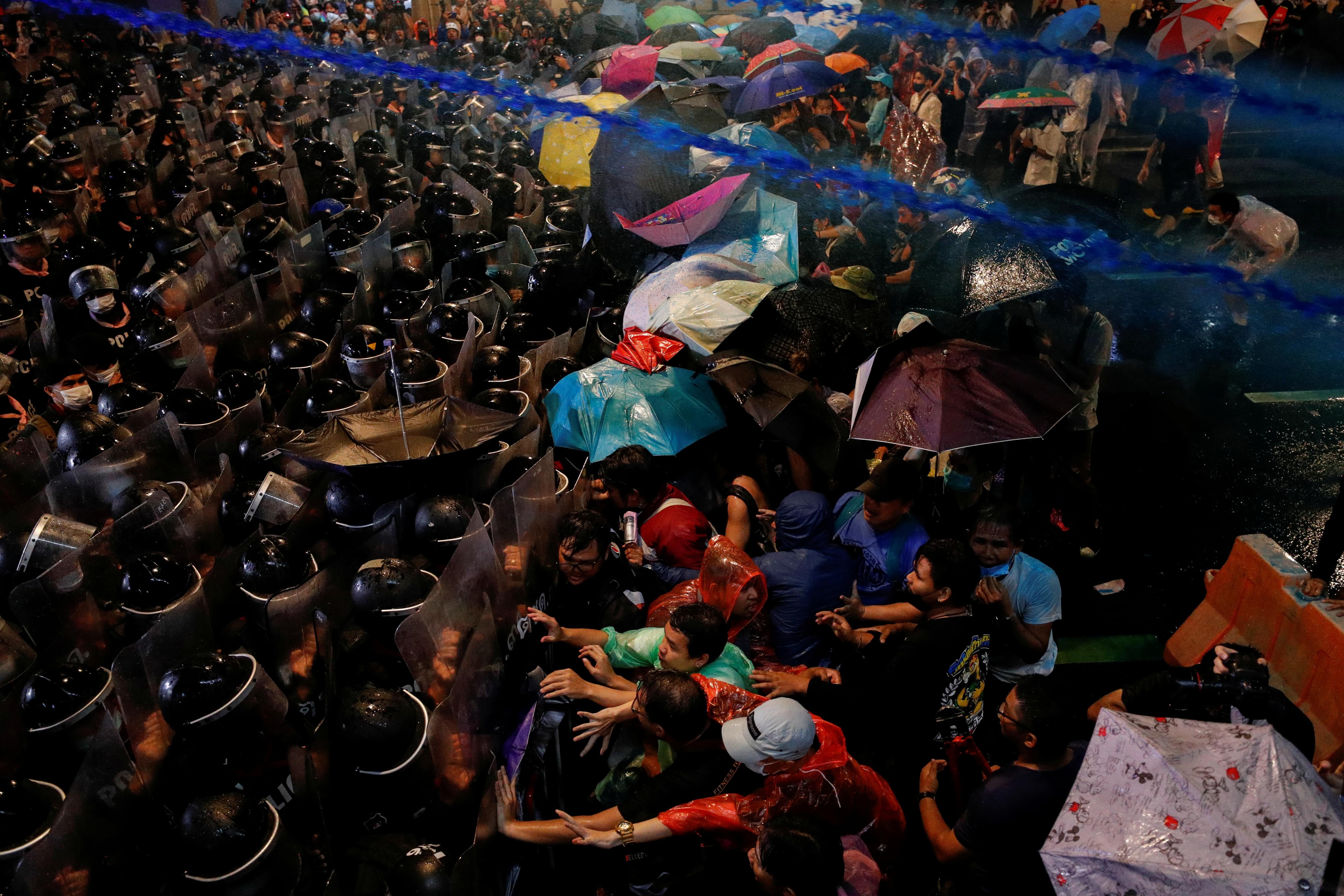
Thousands are lining the streets in Bangkok in a mobilization against the kingdom’s military-aligned government. There is pushing, shouting, and cheering among ordinary citizens and military men. At the forefront? Students and the youth.
It is easily distinguished a Gen-Z affair, as the crowd is lit with smartphones, and the participants hold up hand signals inspired by a Hollywood film about a revolution.
Thai protesters say they are unable to express dissent without fears for their own safety under a government run by former generals and the royal establishment.
Why is Thailand in political turmoil? Here are some basics you should know:
What led to the protests?
Cycles of coups and violent street protests in Thailand have been a common sight over decades. But in recent memory, the 2020 protests are said to be the biggest in the country since the military seized power in the 2014 coup.
Since the coup, the years have seen the economy cramp up, freedoms shrink under new laws, and Prime Minister Prayut Chan-O-Cha reinvent himself as an elected premier under a constitution the army drafted. Prayut is a former army chief and a mastermind of the 2014 coup.
Under section 112 of the Criminal Code, people who “defame, insult, or threaten the King, the Queen, the Heir-apparent or the Regent” could face 3 to 15 years of imprisonment. In 2018, the Bangkok Post reported that more than 90 people had been prosecuted for the lese majeste law.
Analysts say the kingdom risks slipping back towards absolutism under the reign of King Maha Vaijiralongkorn or Rama X, and the hardline royalist generals around him.
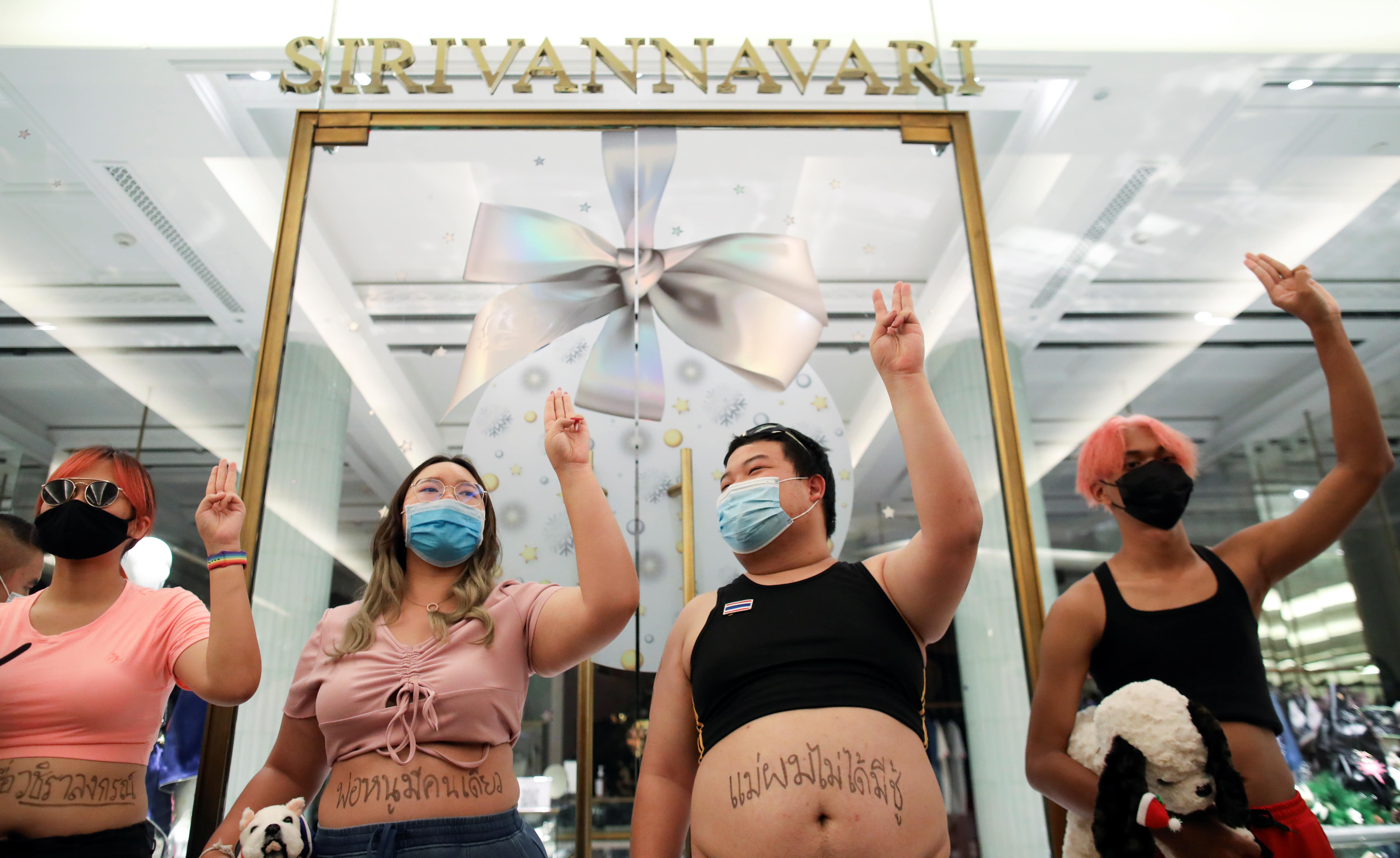
How did the protests start?
In January this year, around 10,000 Thais joined a “run against dictatorship” where they called for the resignation of the prime minister.
The participants chanted slogans and wielded 3-finger salutes inspired by the Hunger Games films. Billionaire Thanathorn Juangroongruangkit, leader of the opposition party Future Forward, led the run. Thanathorn was earlier disqualified as a member of parliament for having shares in a media company.
In February, the government dissolved Future Forward.
When the coronavirus struck, the protests moved online to curb the spread of the virus. Thailand managed to contain the outbreak by June, and so people started going back to the streets in July. Since then, the protests have occurred almost daily.
As the pandemic sends Thailand’s economy into free fall, many protesters have turned out to be students who expect to struggle finding jobs when they graduate in September.
Alleged human rights abuses by authorities are also fueling anger.
What are the protesters’ demands?
Their 3 key demands are:
- for Prayut’s government to step down
- for a new constitution to be crafted
- for harassment against opposition activists to end
Protesters are also calling for the abolition of Thailand’s lese majeste law with placards reading “End 112,” referring to its section number in the Criminal Code.
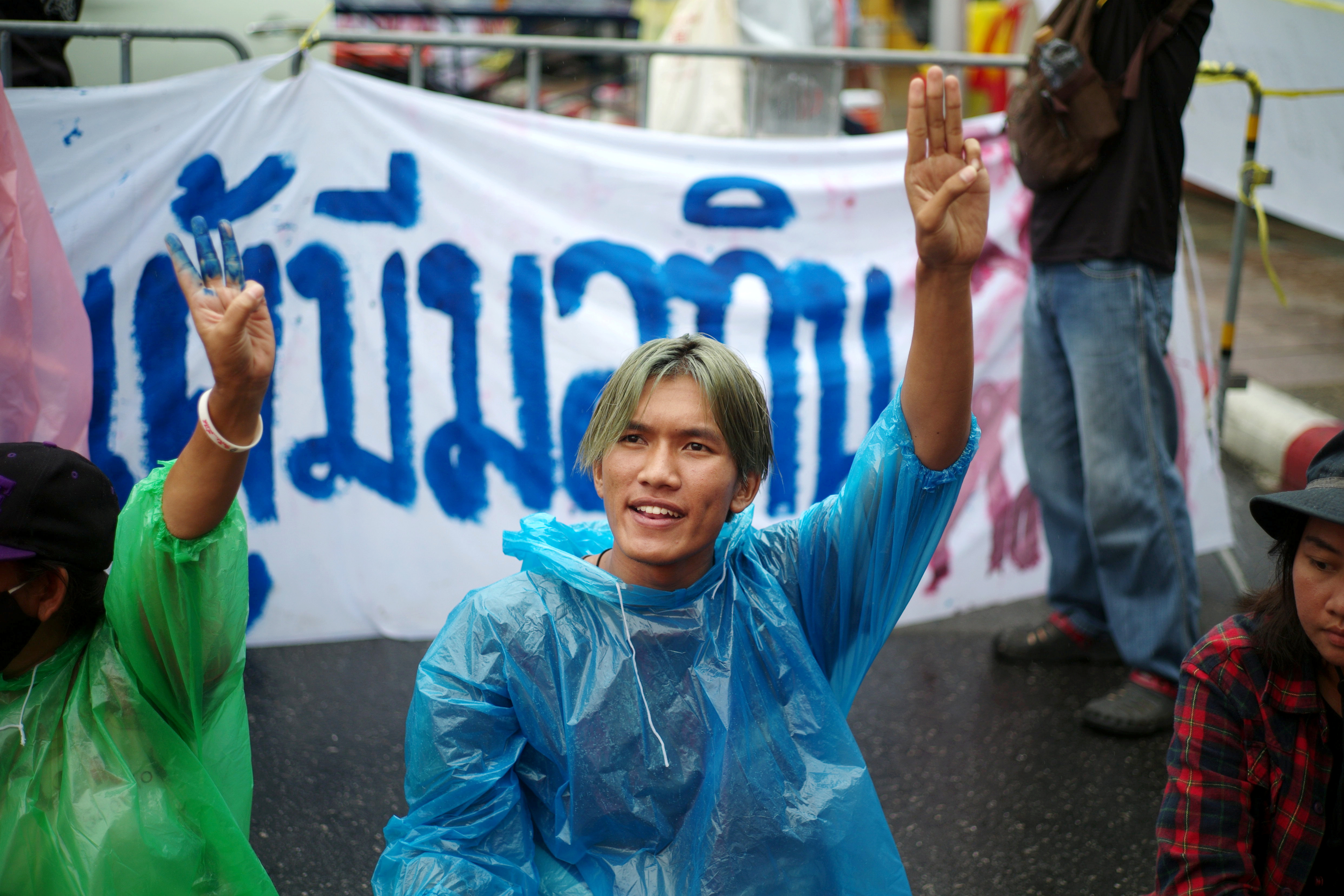
The Free Youth group urged the government to dissolve parliament and allow people to freely elect their own representatives by amending sections 269 and 272 of the constitution. Thailand had an election in 2019 that brought Prayut to power, but an election watchdog said it was not free and fair.
At least 3 protesters have been arrested in the commotion, including prominent democracy activist Parit Chiwarak. The 3 have been released on bail.
“We must fight no matter what,” Parit said before his arrest. – with reports from Agence France-Presse/Rappler.com
Add a comment
How does this make you feel?
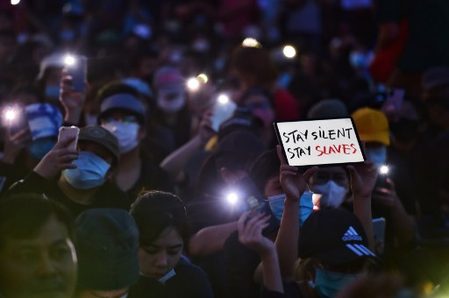
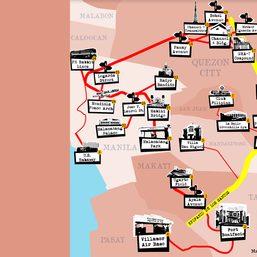
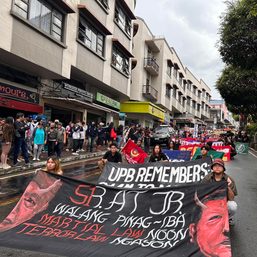
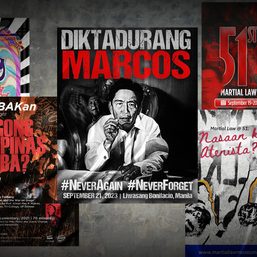
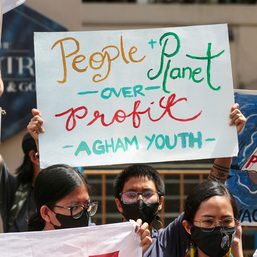
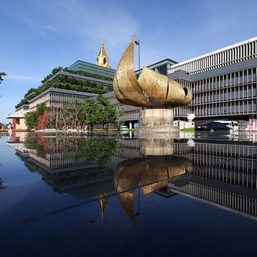

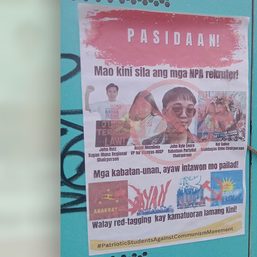
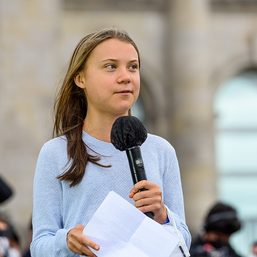
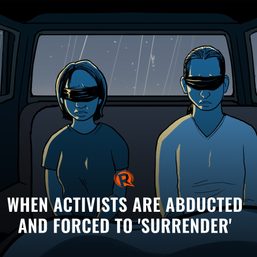
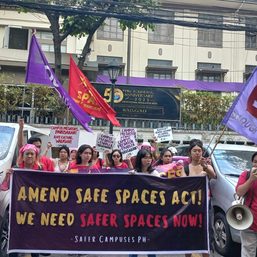
There are no comments yet. Add your comment to start the conversation.